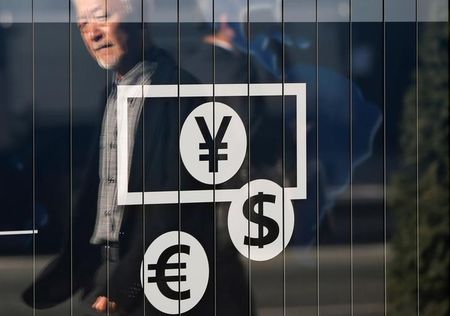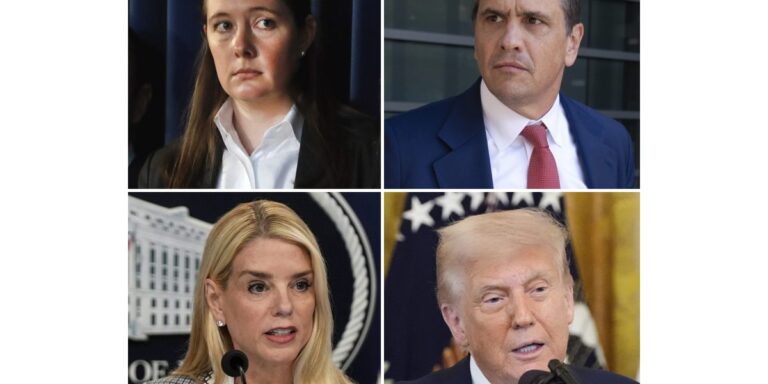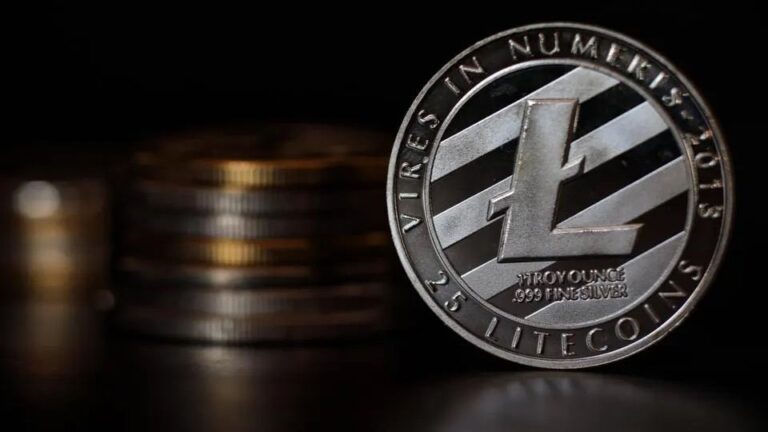[adrotate group="2"]
Investing.com — The week of Donald Trump’s inauguration commenced with a relief rally among G10 currencies against the US dollar (USD), spurred by a Wall Street Journal article suggesting a possible postponement of tariffs.
UBS strategists utilized their short-term valuation model to analyze this rally, evaluating the level of tariff risk that had been incorporated into the currencies as of the previous Friday, and the potential for a weakening USD in the short term.
At the week’s start, UBS identified the most misaligned currencies as the euro (EUR), Australian dollar (AUD), and New Zealand dollar (NZD), estimating their fair values (FVs) at around 1.0450, 0.6400, and 0.5750, respectively.
While UBS anticipates that the EUR will reach its near-term target, they express doubts about a significant rebound in commodity currencies like the AUD and NZD due to ongoing undervaluation and persistent weakness in China.
The investment bank also argues that, apart from the Canadian dollar (CAD), long positions on the USD are not overly excessive to imply a major correction for the EUR and Japanese yen (JPY).
“We believe that pullbacks in the USD generally present buying opportunities,” said strategists led by Vassili Serebriakov in a research note.
With the focus shifting towards the dollar, UBS points out that the yen is nearing a crucial event risk, with the Bank of Japan (BoJ) meeting set for January 24. The market is already anticipating about a 22 basis point hike, suggesting that a 25 basis point increase may not significantly bolster the JPY, although it would affirm the BoJ’s divergence from the global trend of policy easing.
UBS’s equity hedge rebalancing model also hints at possible JPY buying by the end of the month.
Concerning the euro, strategists noted its resilience over the past two years despite weak economic fundamentals, crediting this strength to a robust Balance of Payments (BoP) surplus, primarily driven by renewed foreign bond inflows.
However, UBS warns that these inflows, particularly into French debt, may be jeopardized if French political uncertainties remain and the European Central Bank (ECB) continues to lower rates.
“What we’ve observed is a slight weakening in demand for French debt, especially from Japanese investors, though bond inflows overall have stayed resilient through November,” strategists remarked.
As they look to the future, they advise monitoring this sector closely, as the appeal of the Eurozone’s yield environment for global investors may shift.
[adrotate group="2"]






